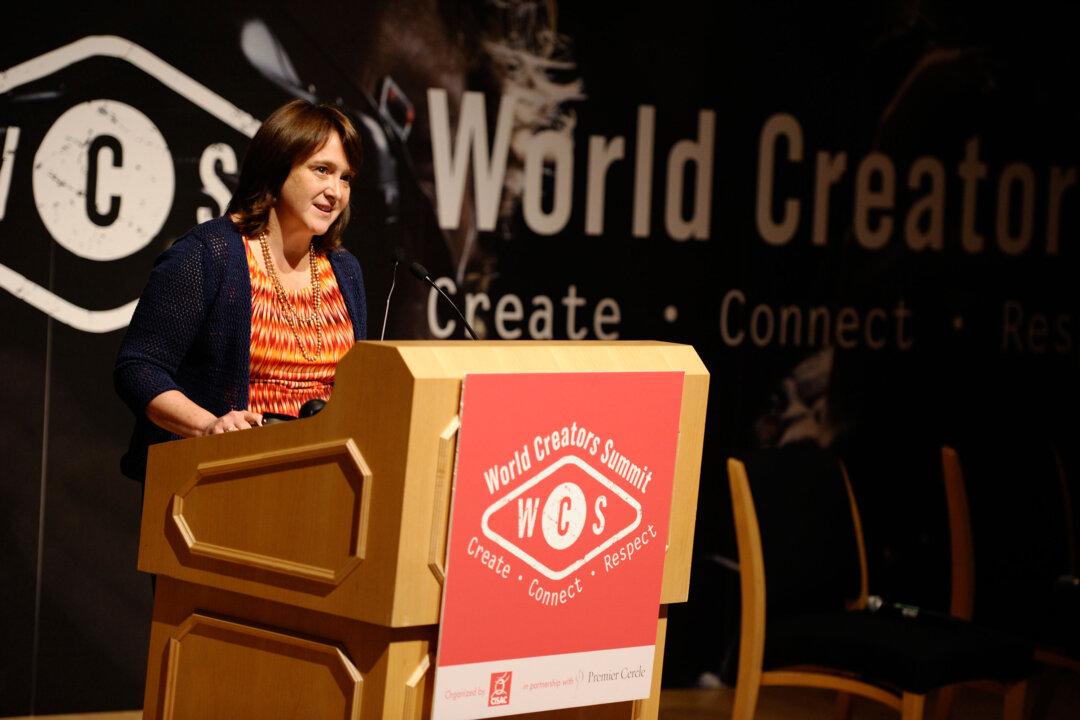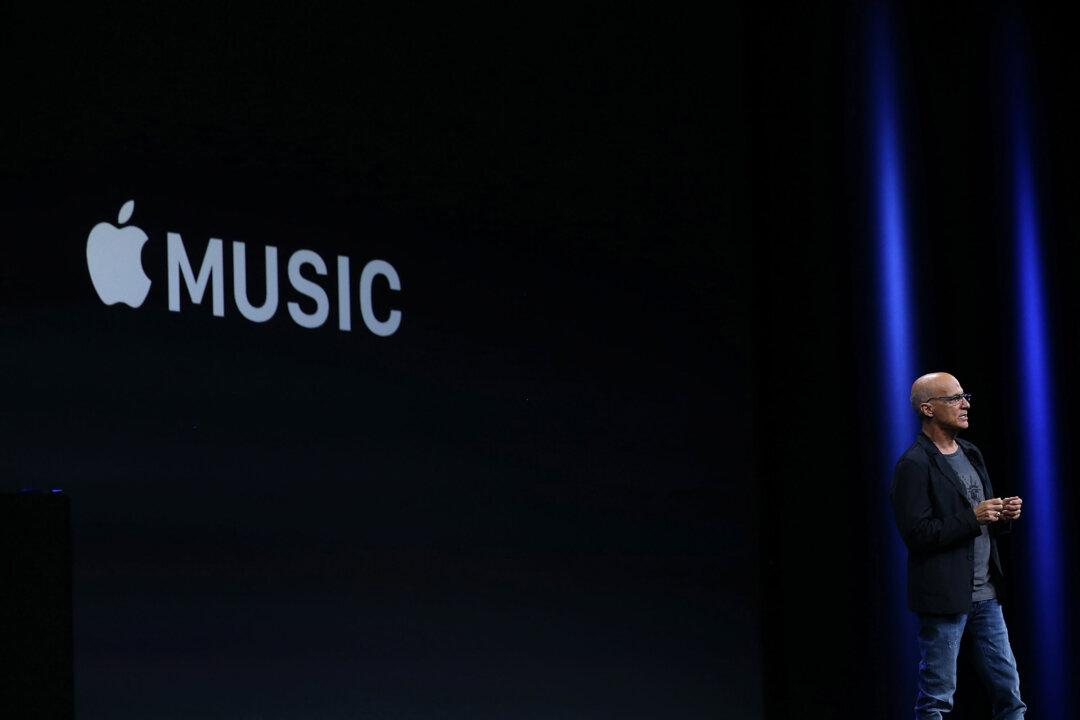Congress has recently stepped up its efforts to reform the copyright system, which is woefully inadequate to deal with today’s rapidly evolving communication technologies. These efforts began early last year after Maria Pallante, the U.S. register of copyrights, urged lawmakers to review the existing system and come up with “the next great copyright act.”
Updating our aging copyright laws, however, will not be easy. Although the entertainment industries have called for stronger protection and enforcement, Internet users and civil society groups fear that tighter protection would stifle technological innovation while impeding access to knowledge and information. The two sides are unlikely to agree any time soon.
Past Reform Efforts
Even worse, copyright reform efforts have often led to unintended consequences. For example, the Digital Millennium Copyright Act of 1998 was designed to facilitate the use of technology to protect movies, music, and computer software. Yet, the law has been misused to stifle competition over technologies not on the minds of lawmakers, such as garage door openers and printer toner cartridges.
Likewise, many copyright penalties were created with commercial pirates in mind. In the past decade, however, they have been repeatedly used to target individual noncommercial activities. Frustrated by this growing trend, some of the biggest names on the Web such as Wikipedia, Reddit, and WordPress staged a service blackout in 2012, amid the public protest against the Stop Online Piracy Act.
Even when copyright reform seeks to lower protective standards, it has caused unintended consequences. Although Congress has written well-intended copyright exceptions into laws, courts and businesses have later reinterpreted these exceptions as the maximum limits on the use of copyrighted works.
In addition, short-term victories in copyright battles have ushered in dramatic changes to business practices that result in long-term losses. In 2001, freelance authors successfully convinced the Supreme Court to require newspapers to obtain permission before including their articles in electronic databases. Today, however, authors are routinely required to sign away their rights before publication.
An Iterative Process
In view of the continued disagreement and potential unintended consequences, it is more accurate to treat copyright reform as an iterative process. If the past is any guide, reformers will need to remain vigilant. Even with initial success, they will still have to mobilize to protect their gains while continuing to challenge the undesirable status quo.
To complicate the reform process, predicting the future use or impact of new technology without the benefit of hindsight is virtually impossible. Even though commentators have widely documented the changes brought about by the latest technologies, nobody knows exactly how they will be used in the future.
As Andrew Shapiro reminds us in “The Control Revolution,” the phonograph was not designed for entertainment but to record one’s thoughts. The telephone was intended to pipe music from faraway concert halls into individual homes. If people were asked in the 1960s, they certainly would not have anticipated that television would become a modern-day babysitter. At this point, who knows how cloud computing, 3-D printers, and robots will eventually be used?
Flexible, Forward-Looking Reform
When considering copyright reform, Congress must take into account both the unpredictability of new technology and the unintended consequences new laws will inevitably generate.
First, laws have to be open-ended, flexible and forward-looking, keeping in mind that new technology will lead to changing markets, lifestyles, and consumer preferences. While our common law system will facilitate adaptation, legal developments are simply too slow to keep up with technological change.
Second, even though the copyright industries tend to lobby for complicated contract-like provisions to protect their investments, laws should avoid locking in standards that favor incumbents. The more laws are developed with specific business and regulatory models in mind, the less adaptable they are to disruptive technology.
Third, as important as it is to develop future technology, Congress should not lose sight of the authors’ specific needs. There has been a wide debate on what copyright holders or technology developers want, but much less discussion on what authors actually need. No matter how successful our financial or technological environment is, authors still need sufficient economic and noneconomic support to engage in full-time cultural production.
Finally, laws should anticipate the global participation of individual users. Today, people are no longer just watching programs on television or listening to CDs. Instead, they write emails, listen to music stored in the cloud, generate mash-ups of worldwide digital content and watch foreign shows recommended by distant friends. Any laws that fail to consider these activities and the related consumer expectations will quickly become obsolete.
Peter K. Yu is Kern Family chair in Intellectual Property Law at Drake University. This article previously published at TheConversation.com.


